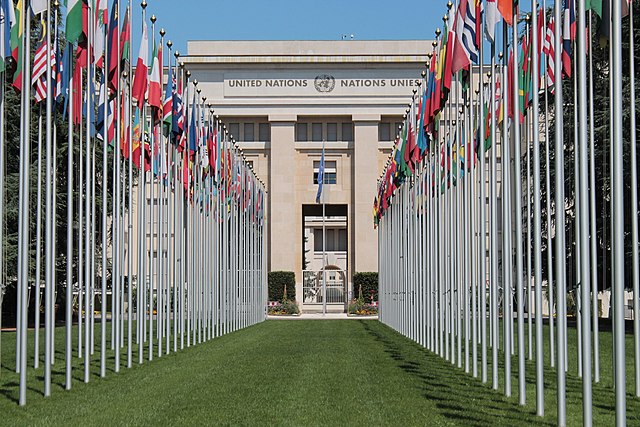The World Economic Forum (WEF), United Nations (UN) and International Monetary Fund (IMF) have often been criticized by the media as being an Orwellian “evil force” seeking to take over the world and strip ordinary citizens of their rights and liberties.
These types of conspiracy theories highlight an important trend in modern politics seen in the last decade: strong opposition to progress, modernization and most importantly, globalization.
In recent decades the world has become much more integrated. Businesses have grown to multi-national and even multi-continental levels. Employment and education-related migration does not seem to be slowing down anytime soon. In short, our world is changing, our way of doing business is changing and the way we are living is changing.
This is drawing some criticism from those who oppose globalization, and those who deem globalization an existential threat facing society, most likely out of a fear of change.
Opposition to change is expected, and is as old as time itself, with examples ranging from the switch from flip-phones to smartphones, and even more recently the switch from gas-vehicles to electric vehicles, which illustrate the criticism and opposition change encounters.
However, I think we must take a closer look at the mission of these global organizations targeted by conspiracy theories.
The WEF defines its mission as the assembly of all the most prominent global leaders in the world with the aim of fostering a globalized solution to various issues facing nations and businesses. Similarly, the UN defines its goal as the global pursuit of peace and cooperation for the betterment of society.
By simply observing the mission statements of these organizations, one could quickly dispel the nefarious conspiracy theories that are attributed to these organizations. These organizations are at the forefront of ensuring our society becomes more integrated and share the skills and knowledge that would enable society to move forward into the 21st century.
This modern-day journey towards greater global integration is the embodiment of the WEF and the UN’s mission. They aim to pool resources and skills to advance the prosperity of humanity. These organizations do not have a profit incentive, which should be the first indication that they are not seeking to rule the world, just better it.
Society has reached a point where one can no longer keep to oneself. A global society is integrated and reliant on the contribution of every individual with everyone playing a part, regardless of one’s nationality or origins.
These multinational organizations embody and promote the notion that by bringing together the most influential individuals from across the globe to confer and find up solutions, the betterment of the planet and society as a whole will follow.
I consider myself a futurist and am always excited about what the future holds. I am also an early adopter which means that I see the positives of change much faster than the negatives. While that may make me biased, I would argue that skeptics of these organizations are biased in opposite direction. I would encourage everyone who is a skeptic of these multinational organizations to learn more about them and about how they are actively working to better the society in which we live.
I am confident that over time the benefit these multinational organizations provide to society will drown out the criticism that they have encountered over the past few decades.
Simon Fox can be reached at [email protected]



















